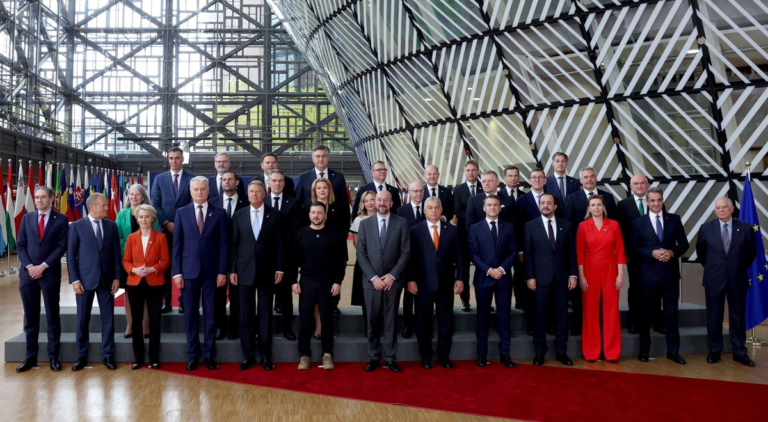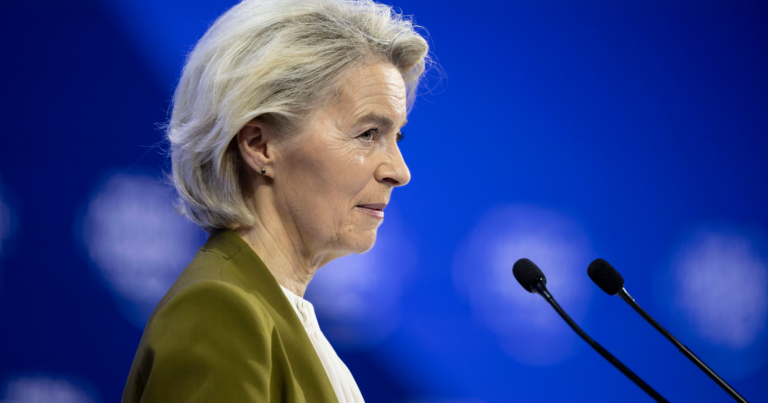Fighting for Fair Prices
When we fill our shopping carts, we rarely think about the tough negotiations happening behind the scenes. Farmers often struggle against major retailers who pressure them to sell at unfairly low prices. Many say they’re left with no choice but to accept deals that barely cover their costs.

(European flags outside EU parlament building)
To level the playing field, the European Commission has put forward new proposals aimed at strengthening farmers’ bargaining power. The goal is to ensure that farmers receive fair compensation for their hard work and that unfair trading practices, such as late payments, last-minute order cancellations, and one-sided contract changes, are effectively penalized.
Small Farms, Big Role
Europe’s food supply heavily depends on small farms. There are about nine million farms across the EU today—five million fewer than in 2005. Nearly two-thirds of them are tiny, spanning less than five hectares, yet they contribute significantly to food production.
On the other side of the equation, a handful of powerful companies dominate the buying market. This imbalance makes it difficult for small farmers to negotiate better prices or secure stable contracts. Without intervention, these small-scale operations risk being squeezed out, threatening Europe’s diverse agricultural landscape.

(ediblepiedmont – Farm Tour of Western North Carolina)
Rising Costs and Uncertain Outcomes
Another major challenge for farmers is the rising cost of essential supplies like fertilizers and pesticides. These growing expenses eat into already thin profit margins, making it even harder to sustain their businesses.
Brussels hopes its latest initiative will tip the scales in farmers’ favor, but whether these efforts will truly strengthen their position in the food supply chain remains to be seen. For now, many farmers—and everyday grocery shoppers who support them—are hoping for meaningful change.


